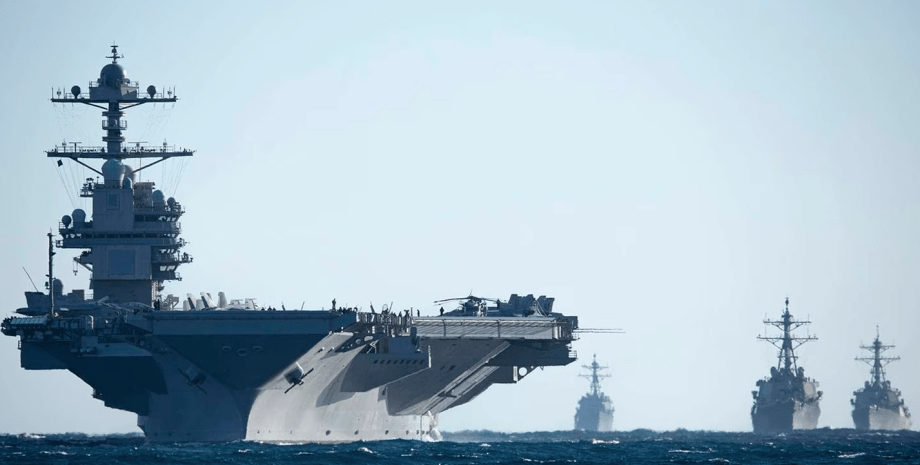
 By Victor Duda
By Victor Duda
The United States unfolds two fighter squads, and Israel pass air defense systems and other military assistance. Another unit is ordered to prepare for deployment. The purpose of the United States is to hold back attacks on Israel and to some extent on Arab allies. The question is whether the states will be drawn into the war. According to the Pentagon, from October 17 to 24, 13 strokes in the US forces and coalitions in Iraq and Syria with UAVs and missiles were taken.
"If Iran or his assistants attack the US staff anywhere, do not be mistaken: we will protect our people, we will protect our safety, quickly and decisively," said Secretary of State Atoni Blinken at the UN on October 24. The United States has a wide arsenal of weapons in the region: the publication believes that there are three probable escalation steps before the fighting: collecting intelligence, defensive actions and offensive actions. UAVs, planes and helicopters are to collect data.
If the restraint is failed, there will be defensive actions that will be relatively easy to justify the public. The American ship has already intercepted Yemeni missiles that were aimed at Israel. After such defense actions, the US can take the most ambiguous step - the offensive. The White House and Pentagon will try to avoid it. However, this option is possible, and it will be possible to justify it with the attack of enemies on US fighters.
However, in the event of attacks on allies, it will be more difficult to justify fighting for Americans. States do not seek direct fighting with Iran and Hesbolla's proxy in Lebanon. Emil Hokai from the International Institute for Strategic Studies believes that Iran wants to preserve Hezbolla, and states still hope for restraint. The question is whether all the available forces will have to be thrown into battle if one of Israel's enemies or Israel himself crossed certain red lines.










All rights reserved IN-Ukraine.info - 2022